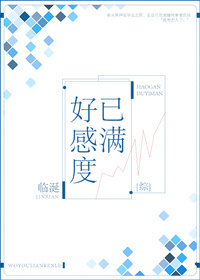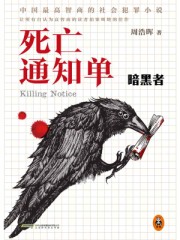
315 is a well-known annual event in China, focusing on exposing fake and substandard products and services. It has become a significant platform for consumers to voice their concerns and fight against unfair practices in the market. In recent years, this event has extended its reach to the entertainment industry, highlighting issues regarding misleading and deceptive movies. One film that stands out from the 315 list is "949," which raises important questions about the boundaries of artistic freedom and ethical responsibility in filmmaking."949" is a controversial movie that gained much attention for its deceptive marketing tactics and unethical content. The film is a thriller that claims to be based on a true story, using this premise to attract audiences who enjoy the suspense and excitement of real-life events. However, as the 315 exposé revealed, the movie's claim of being based on a true story is entirely fabricated, and it has misled the public into believing that they are watching a genuine account of past events.The 315 investigation uncovered the film's fraudulent marketing strategies, which included posting fake news articles, planting false testimonials, and manipulating online discussions. These unethical practices not only deceive the audience but also damage the credibility of the film industry as a whole. By exploiting people's desire for authenticity and the power of social media, "949" managed to create a buzz around its release, but at the expense of integrity and trust.Beyond the issue of false advertising, "949" also raises concerns about the responsibility of filmmakers in portraying sensitive and potentially harmful content. The movie explores dark themes such as violence, abuse, and mental illness, but fails to handle them with the appropriate sensitivity and ethical consideration. It seems that the creators of this film prioritize shock value and entertainment over the potential harm it can cause to vulnerable individuals or perpetuate harmful stereotypes.The controversy surrounding "949" provokes a broader discussion about the boundaries of artistic freedom. While filmmakers should be encouraged to express their creativity and explore diverse themes, it is crucial to strike a balance between artistic expression and responsible storytelling. Filmmakers have the power to shape public perception, influence attitudes, and affect social change. This power comes with a great responsibility to ensure that their art does not cause harm but rather inspires, educates, and promotes empathy.In response to the scandal, the producers of "949" issued an apology and promised to reevaluate their marketing strategies and content. While this is a step in the right direction, it is important for the film industry as a whole to learn from this incident and implement stricter regulations to prevent deceptive practices and the production of harmful movies.In conclusion, the inclusion of "949" on the 315 list underscores the need for transparency and ethical responsibility in the film industry. This movie's deceptive marketing and unethical content have damaged the trust of audiences and harmed the reputation of filmmakers. It serves as a wake-up call for both filmmakers and consumers to be critical and discerning when engaging with media. Only by holding filmmakers accountable for their actions can we ensure the creation of responsible and impactful films that contribute positively to society.











